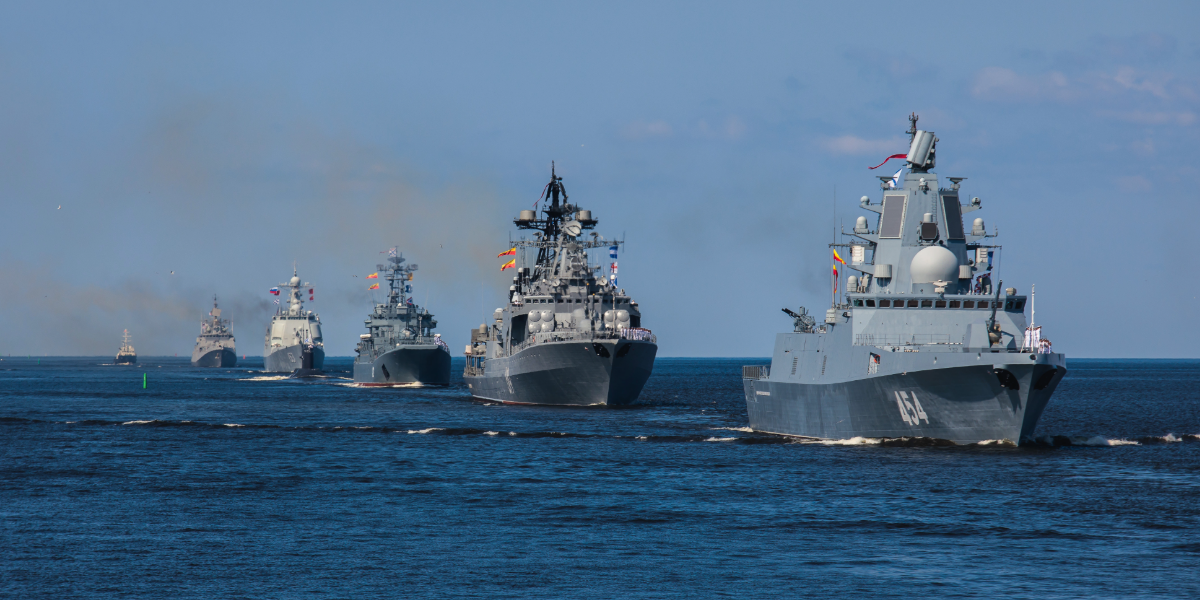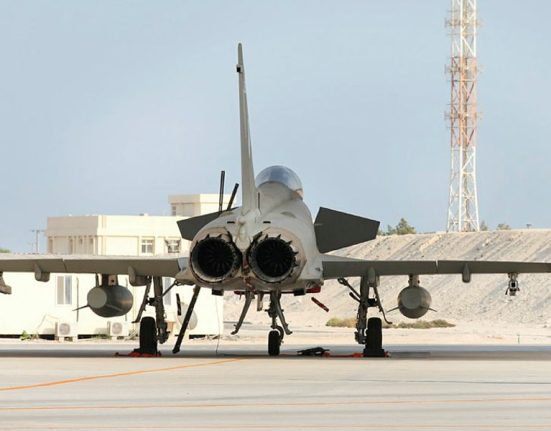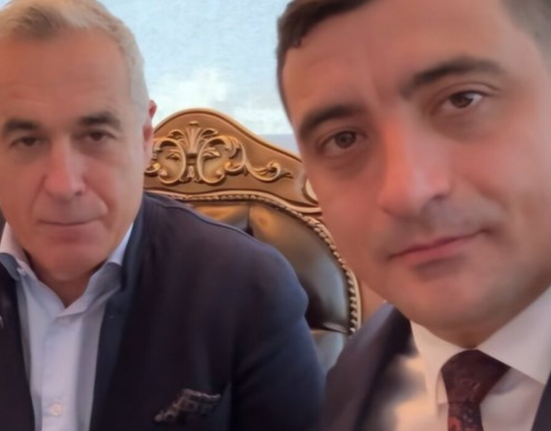The UK has announced its largest sanctions package to date, targeting up to 100 oil tankers operating in Russia’s so-called “shadow fleet” as part of new efforts to cripple the Kremlin’s war economy and protect critical infrastructure across Europe.
The announcement was made by Prime Minister Sir Keir Starmer at the Joint Expeditionary Force (JEF) summit in Oslo, where leaders gathered to coordinate defence responses and support for Ukraine. The UK move is aimed at undermining Russia’s efforts to bypass Western sanctions through a fleet of ageing and often unsafe vessels transporting sanctioned oil around the world.
$24bn in oil transported in past year
These vessels have reportedly carried more than $24 billion in Russian oil this year alone. British officials say the shadow fleet poses not only a geopolitical threat but also a significant environmental and security risk. Many ships in the fleet lack proper safety certifications, intentionally disable tracking systems, and operate in close proximity to undersea energy and data infrastructure.
Protecting UK’s under-sea assets
Prime Minister Starmer warned that such reckless activity puts vital UK and European infrastructure at risk, including subsea cables that carry 99% of the UK’s international internet and telecommunications data, and pipelines that deliver energy. Protecting these assets has become a growing concern, especially following sabotage incidents in the Baltic Sea.
Alongside the tanker sanctions, the UK will also target individuals and entities associated with the fleet. The package places Britain ahead of any other country in terms of the number of shadow fleet vessels sanctioned.
The JEF summit also included a commitment to deepen cooperation with Ukraine, including expanded training and intelligence sharing. Additionally, the UK and Norway are expected to sign a new memorandum to boost space surveillance capabilities, aimed at protecting assets in orbit.
UK getting serious about security
The UK government describes the package as a vital step in ramping up economic pressure on Moscow and safeguarding national and international stability in increasingly contested domains – from the seabed to outer space.




